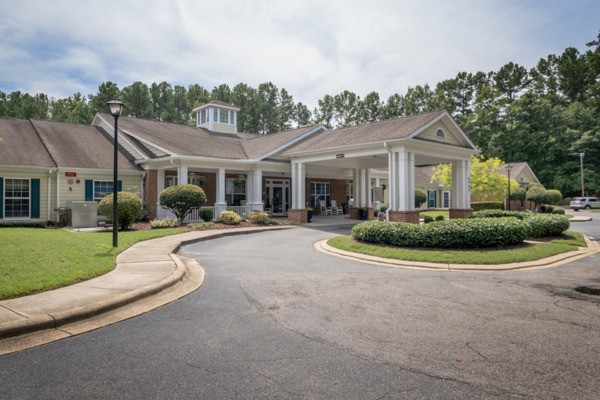According to figures from the Alzheimer's Association, approximately 170,000 people have Alzheimer's in North Carolina, out of the state's 10.3 million residents. In Durham County, North Carolina, which is the sixth-most populous county in the state at 316,739 people, there are about 40,225 seniors age 65 or over, or about 12.7 percent of the population, many of whom may benefit from memory care services. To accommodate those residents, there are four memory care facilities in Durham County, three located in Durham and one in Chapel Hill.
In North Carolina, memory care facilities are classified as Special Care Units, or SCUs, within Adult Care Homes (ACHs). The state classifies ACHs as a type of assisted living residence, or ALR.
- According to Sperling's Comfort Index, Durham County is a comfortable place to live — it scores a 59 out of 100. The area averages 217 sunny days a year, and the average July high is 89 degrees, so air conditioning is definitely important for seniors during the summer months. Winters are relatively mild compared to more northern regions of the country, as Durham County averages about 4 inches of snow each year.
- Families of seniors investigating memory care options in Durham County may want to inquire about additional security measures, as violent and property crime are on the higher side of the spectrum. On a scale of 1 (low crime) to 100 (high crime), Durham County ranks 34.2 for violent crime, well above the state average of 21.4; and 62.7 for property crime, significantly higher than the state average of 37.7.
- The cost of living in Durham County is affordable. Durham County scores a 102.4 on the cost of living scale that calculates housing costs and utilities among other factors. This is slightly above the state average of 96 and the national average of 100.
- North Carolina is relatively tax-friendly for seniors. It does not tax Social Security, but it does tax pension income and withdrawals from retirement accounts at the state rate of 5.5%.
Note: Data on this page was updated in 2019 and based on the latest 2018 figures.



















